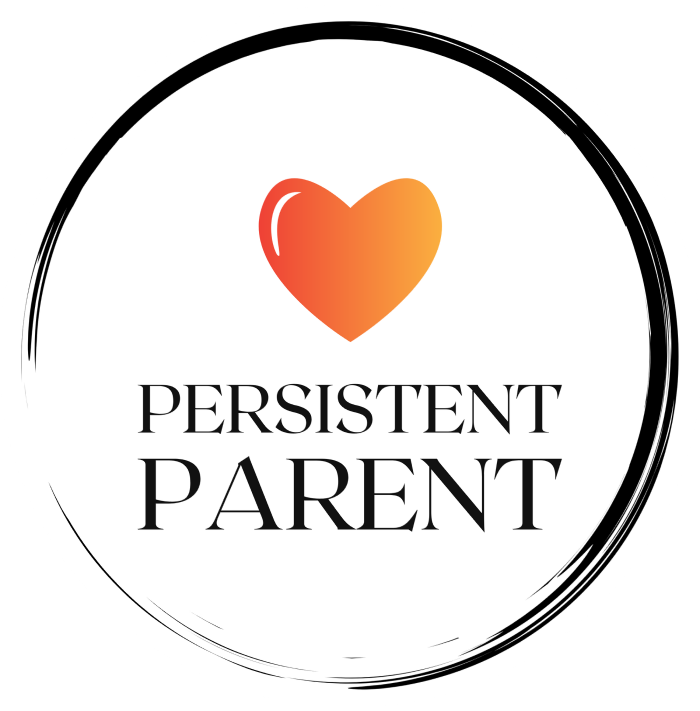At Persistent Parent, we understand the importance of a strong and resilient immune system for your child’s overall health and well-being. As parents, it’s only natural to be concerned about your child’s immunity, especially when they are starting a new school year and facing the challenges of cold and flu season.
In this comprehensive guide, we will explore the best dietary practices and lifestyle choices that can fortify your child’s immune system, providing them with the defense they need to ward off illness and thrive in their academic pursuits.
Disclaimer: The information provided in this article is for educational purposes only. For specific medical advice, diagnosis, or treatment, consult with a qualified healthcare professional.
Importance of a Strong Immune System
A child’s immune system plays a critical role in safeguarding their health. It acts as a defense mechanism, protecting their body against harmful pathogens such as bacteria, viruses, and parasites. A well-functioning immune system not only fights off infections effectively but also helps prevent the development of chronic diseases later in life.

Questions and Answers
What should be given to kids to boost immunity?
To boost the immunity of kids, it is important to provide them with a well-rounded and nutritious diet. Here are some key nutrients and foods that can help strengthen their immune system:
1. Vitamin C: Foods rich in vitamin C, such as citrus fruits (oranges, lemons, grapefruits), strawberries, kiwi, and bell peppers, can enhance immune function.
2. Vitamin D: Adequate vitamin D levels are essential for a robust immune system. Sunlight exposure is the primary source of vitamin D, but it can also be found in fatty fish (salmon, mackerel), fortified dairy products, and egg yolks.
3. Zinc: Zinc is a mineral that supports the development of immune cells and a deficiency has been linked to an increase in white blood cells. Foods like lean meats, poultry, seafood, whole grains, legumes, and seeds are good sources of zinc.
4. Probiotics: Probiotics are beneficial bacteria that promote a healthy gut microbiome, which plays a crucial role in immune function. Foods like yogurt, kefir, sauerkraut, and other fermented foods contain probiotics.
In addition to specific nutrients, it is important to ensure that kids have a balanced and varied diet that includes a variety of fruits, vegetables, whole grains, lean proteins, and healthy fats. Encouraging them to try different foods and flavors can help provide a wide range of nutrients necessary for a strong immune system.
It’s worth noting that while a healthy diet is essential, other lifestyle factors also contribute to overall immune health. Adequate sleep, regular physical activity, good hygiene practices (such as proper handwashing), and managing stress are all important aspects of supporting a child’s immune system.
However, it is crucial to remember that individual children may have unique dietary needs or restrictions. It’s always recommended to consult with a healthcare professional or a registered dietitian who can provide personalized advice and guidance based on a child’s specific requirements.
Remember, building a strong immune system is a gradual and continuous process. By consistently providing a nutritious diet, promoting a healthy lifestyle, and addressing any specific health concerns, parents can help their kids develop resilient immune systems.
What can you give a child with a weak immune system?
When a child has a weak immune system, it’s important to take extra care to support their overall health and well-being. Here are some suggestions for what you can give a child with a weak immune system:
1. Nutrient-Dense Foods: Focus on providing a balanced and nutrient-rich diet. Include plenty of fruits, vegetables, whole grains, lean proteins, and healthy fats. These foods contain essential vitamins, minerals, and antioxidants that can support immune function.
2. Vitamin Supplements: In consultation with a healthcare professional, consider supplementing with specific vitamins that may be beneficial for immune health, such as vitamin C, vitamin D, and zinc. The appropriate dosage and type of supplements will depend on the child’s individual needs, so professional guidance is crucial.
3. Probiotics: Introduce probiotic-rich foods or supplements to promote a healthy gut microbiome. Probiotics can help strengthen the immune system by supporting good bacteria in the digestive tract. Yogurt, kefir, and fermented foods are good sources of natural probiotics.
4. Hydration: Ensure the child stays well-hydrated by drinking an adequate amount of water throughout the day. Proper hydration supports overall health, including immune function.
5. Adequate Sleep: Make sure the child gets sufficient sleep according to their age. Restorative sleep is crucial for immune system function and overall health. Establish a consistent sleep routine and create a peaceful sleep environment.
Remember, it’s crucial to consult with a qualified healthcare professional who can evaluate the child’s specific needs and provide personalized recommendations based on their medical history and condition. They can offer expert guidance on the best strategies to support a child with a weak immune system.
How can I boost my child’s immune system before school?
Keeping kids healthy during the school year can be a challenge. To boost your child’s immune system before school, follow these tips:
1. Provide a balanced diet rich in fruits, vegetables, whole grains, lean proteins, and healthy fats.
2. Teach proper handwashing techniques to reduce the spread of germs.
3. Ensure your child gets enough sleep to support immune health. How much sleep they get is actually really important for their immune systems, not just their attitude.
4. Encourage regular physical activity to strengthen the immune system.
5. Help your child manage stress through open communication and relaxation techniques.
6. Keep immunizations up to date for protection against contagious diseases.
7. Promote good hygiene habits like covering the mouth when sneezing or coughing.
8. Limit exposure to sick individuals to reduce the risk of infection.
9. Consider supplements or eating more immune booster foods with guidance from a healthcare professional.
10. Schedule regular check-ups to monitor overall health.
Remember, consult a healthcare professional for personalized advice.
